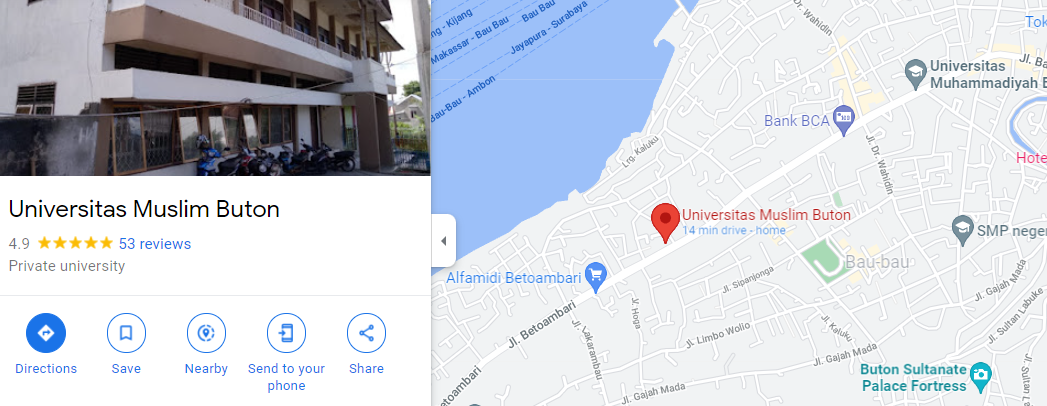Studi Literatur: Dampak Aktivitas Peternakan terhadap Kualitas Lingkungan Perdesaan dalam Perspektif Perencanaan Wilayah dan Kota
Abstract
The livestock sector plays a strategic role in rural economic development by providing animal-based food, employment, and increased household income. However, unsustainably managed livestock activities can negatively impact the environment and community well-being. This study aims to review the impacts of livestock activities on rural environmental quality from the perspective of spatial and urban planning and to provide recommendations for sustainable management strategies. The study was conducted through a literature review, including national and international journal articles, proceedings, research reports, and spatial planning documents. Analysis was carried out using content analysis, narrative synthesis, and literature matrices to understand the relationships between livestock activities and their impacts on water, air, soil, and socio-environmental aspects. The review shows that livestock contributes to water pollution (animal waste), air pollution (methane, ammonia, nitrous oxide emissions), soil degradation (excess manure accumulation and increased acidity), and socio-environmental disturbances (odor, noise, zoonotic disease risk). Poor waste management reduces soil quality and land productivity. The study emphasizes the importance of integrating livestock management with spatial planning, including zoning, waste management using simple technologies such as biogas and compost, and integrated farming systems. These strategies can minimize environmental impacts, maintain land productivity, and improve community welfare. This approach highlights the need for a balance between economic, ecological, and social aspects to support sustainable rural development.




















